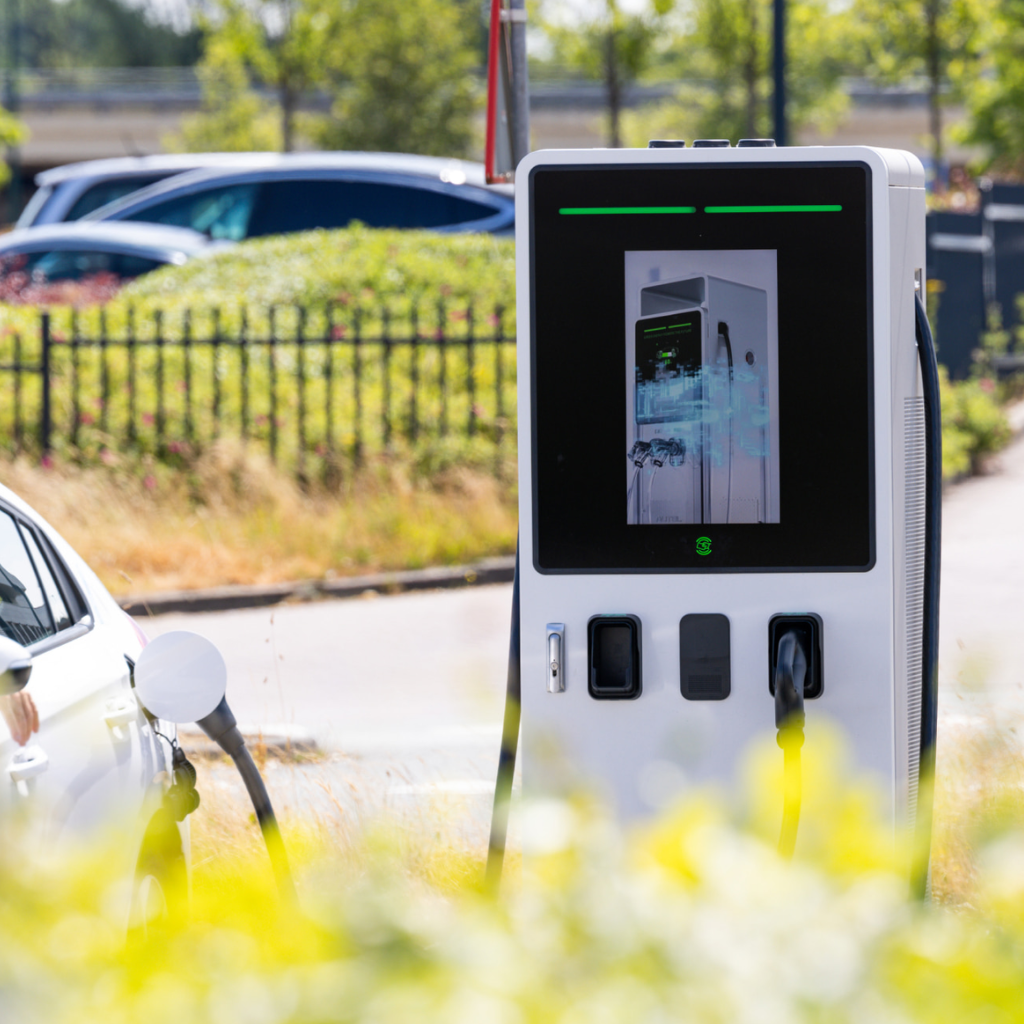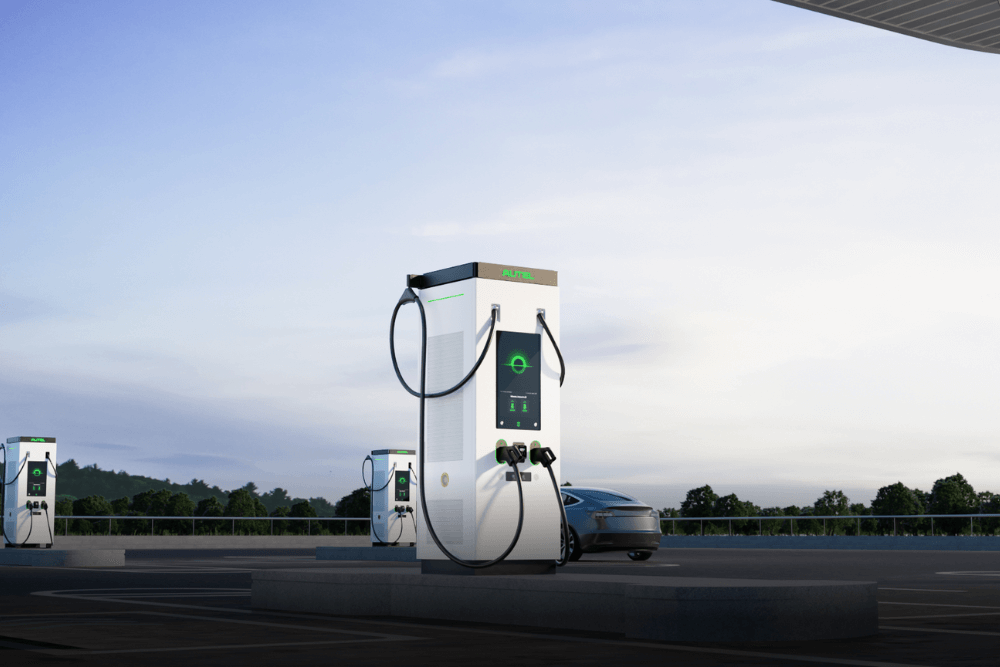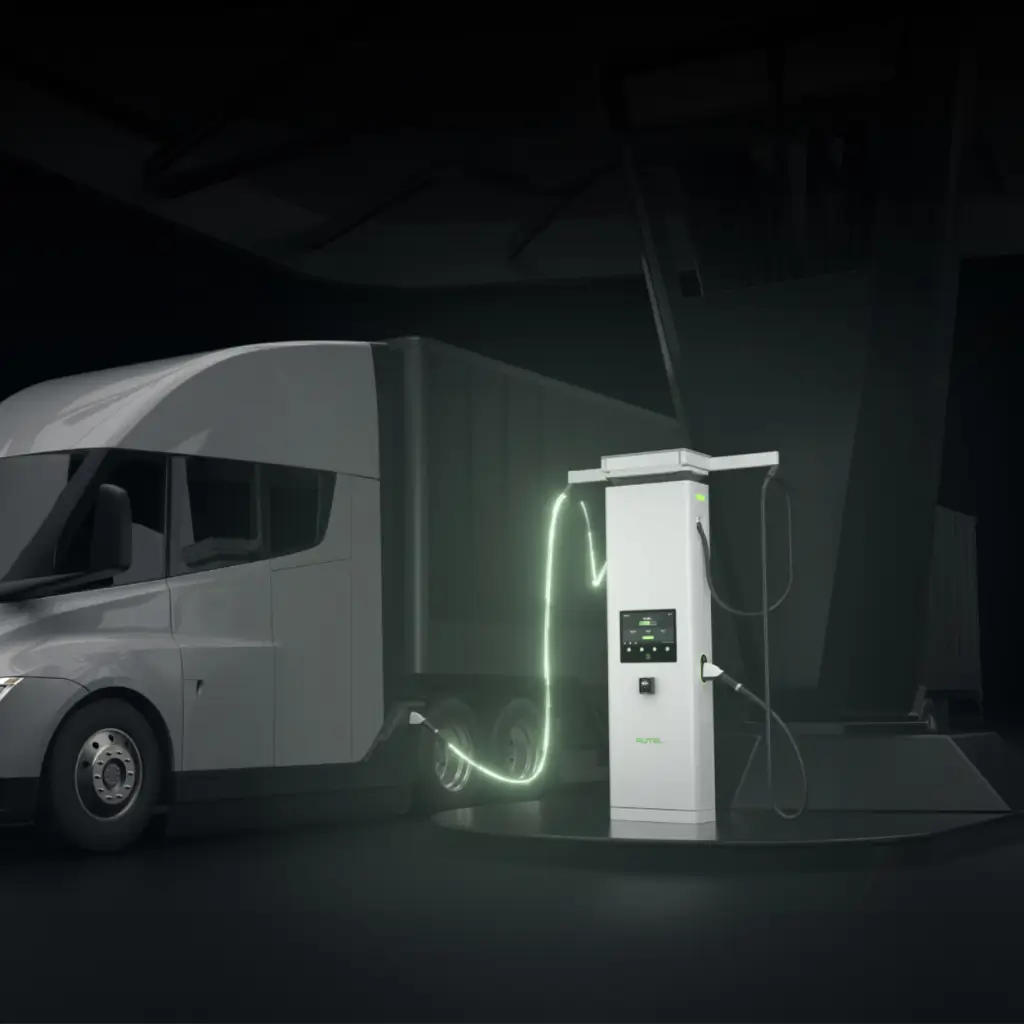
- MaxiCharger DH480
- MaxiCharger AC Pro
- MaxiCharger DC HiPower
- MaxiCharger DC Fast
- MaxiCharger DC Compact
- MaxiCharger AC Elite

- For CPOs
- For Fleets
- For Destination
- For Residential
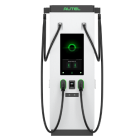 MaxiCharger DH480
MaxiCharger DH480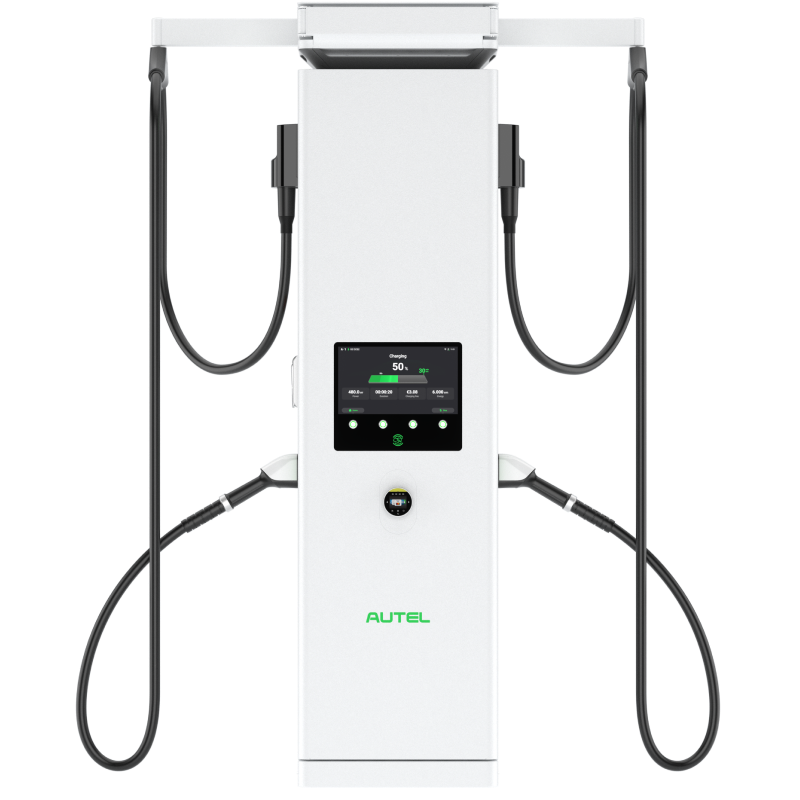 MaxiCharger DC HiPower
MaxiCharger DC HiPower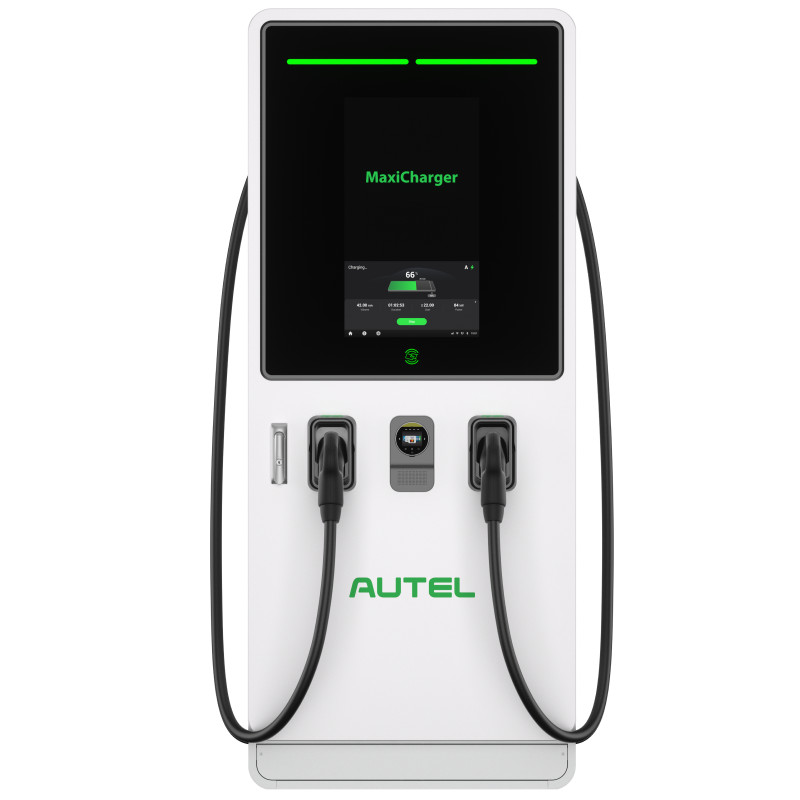 MaxiCharger DC Fast
MaxiCharger DC Fast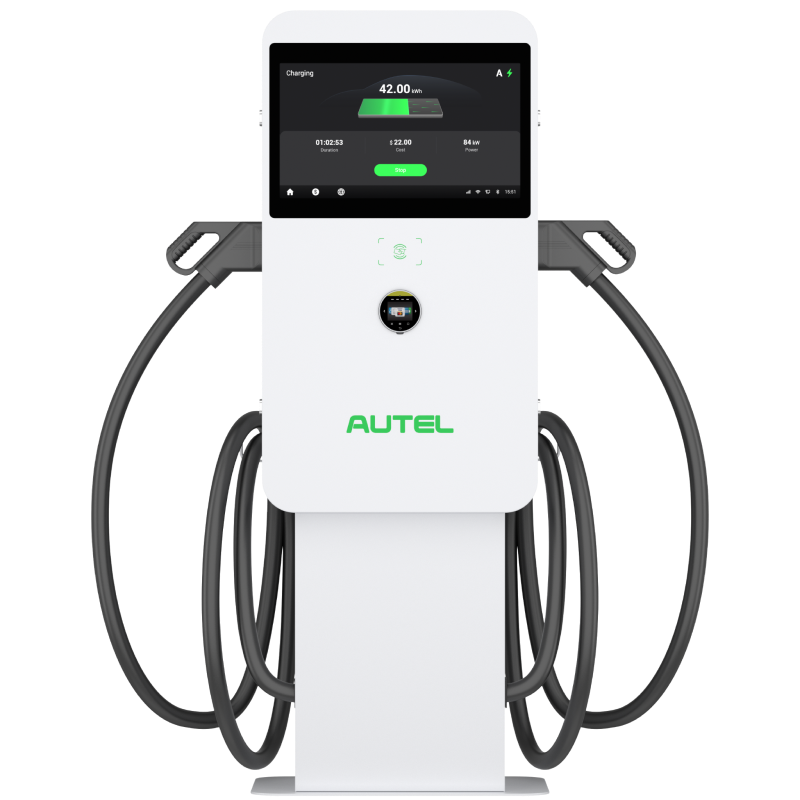 MaxiCharger DC Compact
MaxiCharger DC Compact
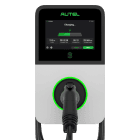 MaxiCharger AC Pro
MaxiCharger AC Pro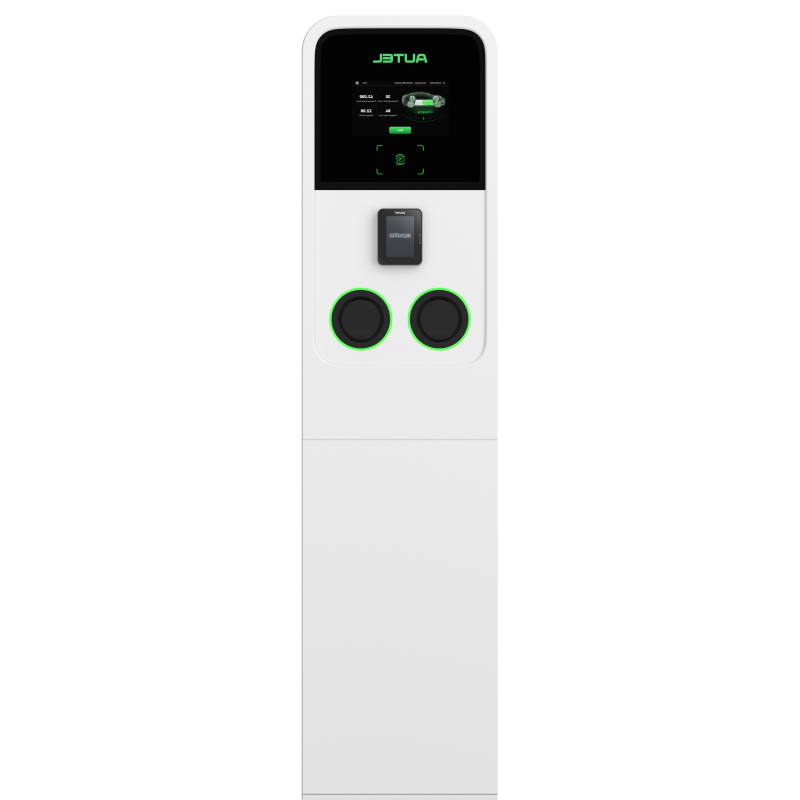 MaxiCharger AC Ultra
MaxiCharger AC Ultra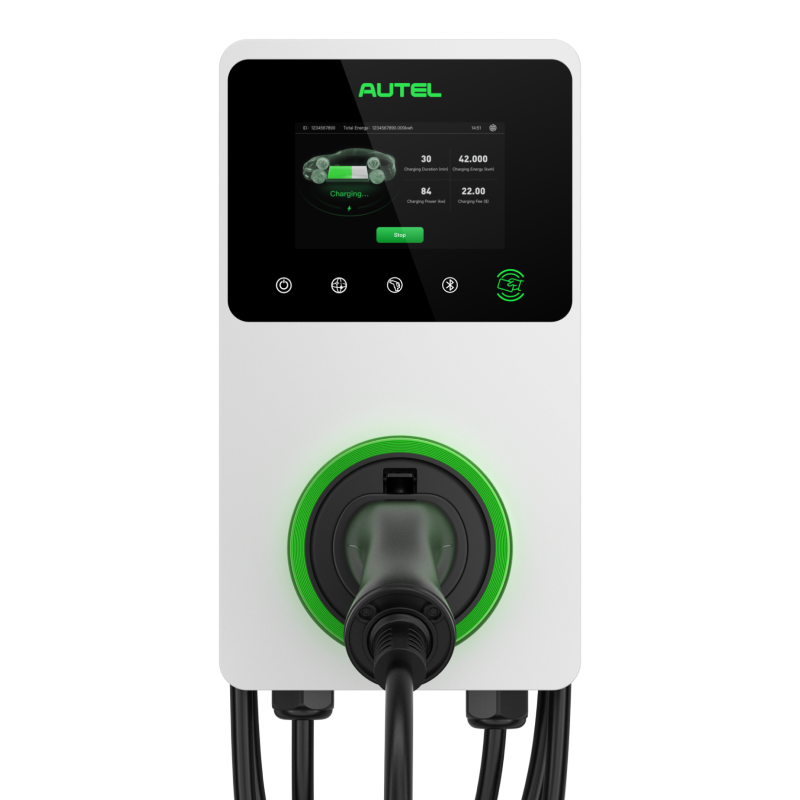 MaxiCharger AC Elite
MaxiCharger AC Elite
 Software
Software
- Partner Introduction
- Become A Partner
- Event
- FAQ
- Blog
- About Autel
- Contact Us
- Sustainability
- Newsroom
- Brand Center
- Product Center
EV fleet maintenance strategies and solutions for successful electrification
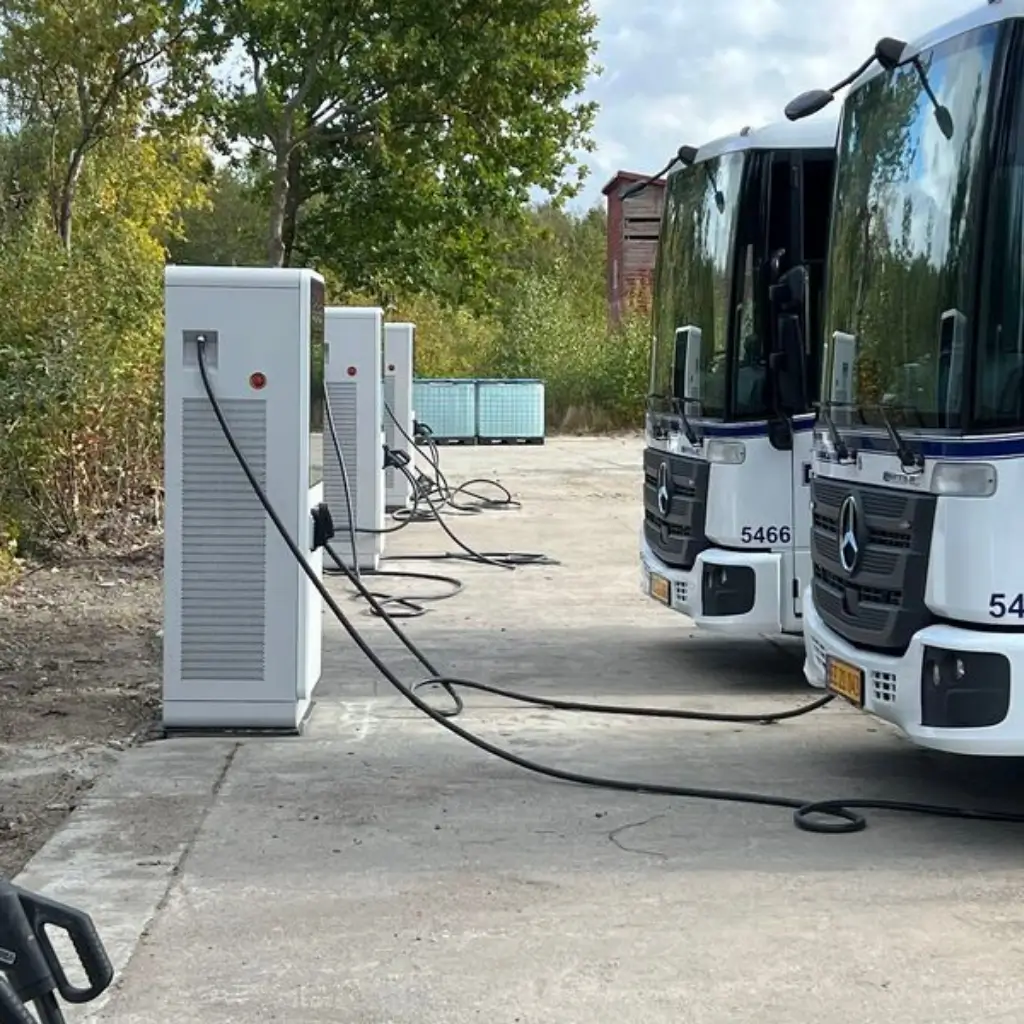
Electric vehicles (EVs) are reshaping fleet operations, offering both exciting opportunities and new maintenance responsibilities. As businesses transition, success depends on managing battery health, software updates, and charging infrastructure—including high-efficiency DC chargers.
This guide explores the evolving landscape of EV fleet maintenance, the key challenges involved, and scalable strategies to keep your fleet reliable, cost-effective, and future-ready.
What Makes EV Fleet Maintenance Different?
Maintaining an EV fleet requires shifting focus from traditional mechanical systems to battery performance, software management, and power electronics.
From Oil Changes to Software Updates: A New Maintenance Mindset
Conventional fleets rely on oil changes, engine servicing, and transmission checks. EVs eliminate many of these but introduce new requirements—such as battery monitoring, software diagnostics, and thermal management.
Routine tasks now include inspecting charging ports, electric drivetrains, and battery cooling systems. Predictive diagnostics and over-the-air updates replace much of the hands-on maintenance work.
EV Battery Care: The New Operational Priority
Batteries are the most valuable—and sensitive—component in any EV. Managing battery life is essential to fleet ROI.
Best practices include maintaining state of charge (SoC) between 20–80%, avoiding frequent deep discharges, and using controlled charging. Smart DC charging solutions, Autel’s DC Fast, allow faster, programmable charging that protects battery longevity.
Core Challenges in EV Fleet Maintenance
Despite fewer moving parts, EVs introduce new hurdles for fleet managers. Addressing these proactively is critical to uptime and cost control.
Shortage of Certified EV Technicians
Many mechanics lack training in high-voltage systems, making EV service slow or unsafe. Fleet operators must either upskill internal teams or partner with EV-certified service providers.
Working with technicians familiar with DC fast charging components and OEM diagnostics ensures safe, efficient servicing.
Managing Battery Warranties and Lifespan
Battery warranties come with strict conditions: proper temperature control, approved DC charging, and usage within manufacturer guidelines. Violating these voids coverage and increases costs.
A data-driven battery management plan helps stay within warranty parameters while maximizing performance and range.
Adapting Legacy Maintenance Routines
EVs don’t follow standard mileage-based schedules. Software updates may be needed biweekly; coolant might last three years.
Fleet managers must rebuild service schedules around vehicle usage patterns and embrace digital tools tailored for EVs. A tech-driven culture shift is necessary to support the transition.
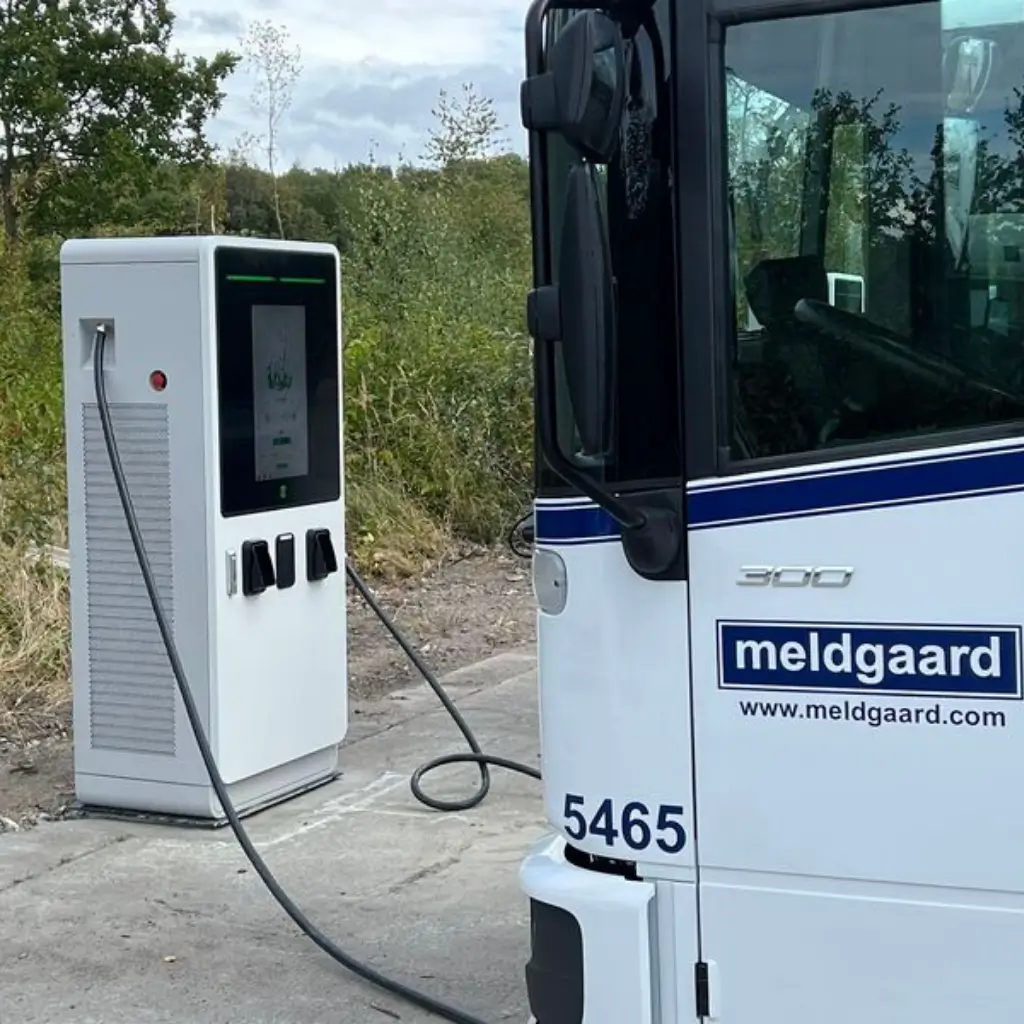
Smart Strategies to Future-Proof EV Fleet Maintenance
Sustainable EV operations require modern tools, training, and partnerships. Here’s how to build a maintenance framework that scales.
Leverage Telematics to Enable Predictive Maintenance
Telematics platforms provide real-time insights into vehicle health, charging behavior, and driver usage. This data enables proactive repairs, minimizing unplanned downtime.
Advanced systems integrate with DC chargers to detect anomalies, schedule alerts, and trigger service interventions automatically.
Partner with EV-Specialized Maintenance Providers
Choose service partners with certified EV technicians, OEM-approved tools, and expertise in high-voltage components and regenerative braking systems.
Well-matched partners align service and charging schedules, improving efficiency and extending fleet uptime.
Train Internal Staff on EV-Specific Protocols
In-house teams must know how to safely operate, charge, and troubleshoot EVs. Manufacturer-led training, workshops, and online courses prepare staff to handle alerts and perform basic diagnostics.
Well-trained staff enable quicker issue resolution and tighter operational control.
Charging Infrastructure: A Key Component of Maintenance
Charging is not just about powering EVs—it plays a crucial role in maintenance strategy, operational costs, and uptime.
On-Site DC Charging Cuts Downtime and Energy Costs
Installing DC chargers, like the Autel DC Fast, enables rapid turnaround. Fleets can recharge in minutes, reducing vehicle idling and maximizing daily utilization.
With smart load balancing and time-of-use planning, fleets also reduce electricity expenses.
Align Charging Cycles with Maintenance Activities
Charging time is an ideal window for inspections or software updates. Integrated scheduling tools help sync repairs with charging, reducing fleet disruptions.
This coordinated approach improves service efficiency and vehicle readiness.
Turning EV Data into Operational Insights
EVs generate valuable data—if used correctly, it can transform maintenance planning and financial forecasting.
Monitor Real-Time Vehicle Health
Live diagnostics reveal early wear in batteries, motors, and braking systems. Alerts prompt timely interventions, avoiding costly failures.
Combining insights from chargers, sensors, and onboard systems provides a 360° view of fleet health.
Forecast Long-Term Maintenance Costs
Predictive analytics help estimate lifetime servicing expenses, compare ICE vs. EV costs, and justify ROI. Fewer moving parts and lower fuel costs strengthen the financial case for EV adoption.
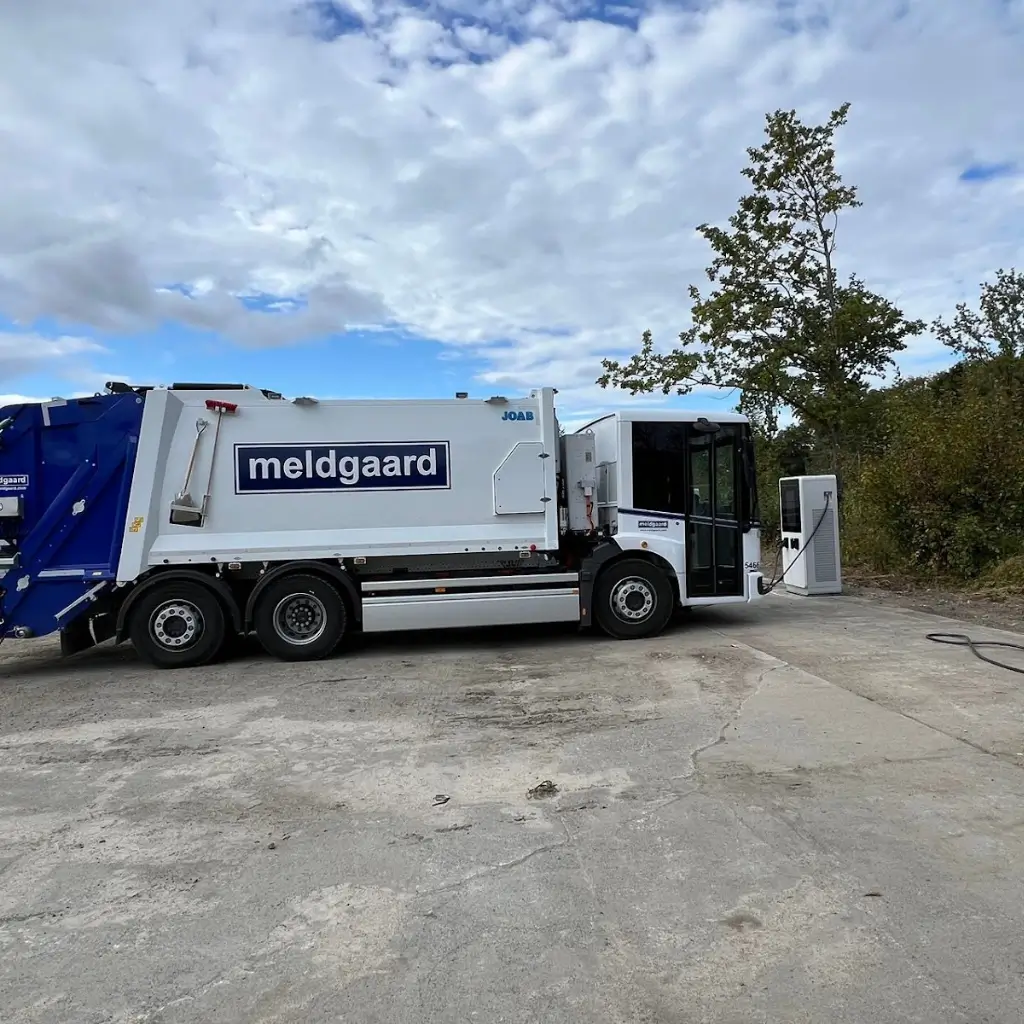
Keep Critical Fleets Operational with Smart Charging
Essential fleets—delivery, EMS, municipal—can’t afford downtime. With high-power DC charging and proactive servicing, EVs remain ready for duty.
Chargers like Autel allow ultra-fast top-ups between shifts, supporting tight schedules and consistent performance.
Business Advantages of Installing DC Charging Infrastructure
Investing in charging piles offers long-term operational and financial advantages.
Reduce Energy Costs with Load-Optimized Charging
Smart DC chargers let fleets take advantage of off-peak rates, solar input, and energy storage. Demand-response strategies help avoid peak pricing and reduce grid load.
Improve Vehicle Turnaround and Readiness
Charging on-site at depots or worksites ensures vehicles are always ready. Smart systems prioritize charging based on duty cycles, minimizing idle time.
Scale Seamlessly with Modular Charging Systems
As EV adoption grows, so must infrastructure. Modular DC solutions, like Autel’s, support expansion without requiring costly rebuilds, preparing your facility for the long term.
Conclusion: Maintenance as Your Competitive Advantage
Electrifying your fleet is only the beginning. To unlock the full potential of EVs, businesses must invest in proactive maintenance, staff training, data analytics, and advanced DC charging.
Organizations that build a future-ready service ecosystem powered by Autel’s DC Fast tools will enjoy higher uptime, longer battery life, and greater ROI.
Smart maintenance isn’t just a necessity—it’s your edge in the electric future.
